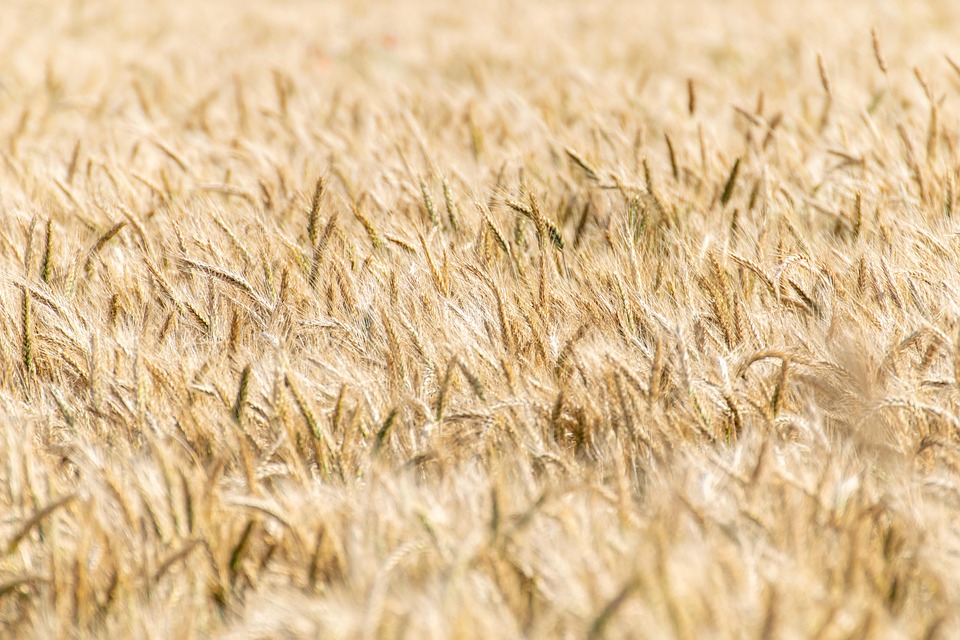
Understanding the Common Types of Grain-Free Dog Food: A Guide for Pet Owners
In the ever-evolving landscape of pet nutrition, grain-free dog food has surged into the spotlight, captivating the attention of conscientious pet owners. But what lies beneath the surface of this dietary trend? Is it merely a fad, or is there substantial reasoning behind the growing preference for grain-free options? Let’s delve into the intricacies of grain-free dog food, examining its various types and what they mean for our beloved canine companions.
1. The Basics of Grain-Free Diets
At its core, grain-free dog food excludes traditional grains such as wheat, corn, and barley, opting instead for alternative carbohydrate sources. But why might one consider such a diet for their pet? Proponents argue that many dogs may have sensitivities or allergies to grains, leading to digestive issues or skin problems. However, the scientific community remains divided. Some experts contend that grains can provide essential nutrients and fibre, so it’s vital to assess each dog’s unique needs.
2. Common Ingredients in Grain-Free Formulations
When browsing the pet food aisle, you’ll encounter an array of ingredients in grain-free offerings. Here are a few common substitutes:
-
Potatoes and Sweet Potatoes: These starchy vegetables are often used for their digestibility and palatability. They are rich in vitamins and antioxidants, which can be beneficial for a dog’s overall health.
-
Legumes: Peas, lentils, and chickpeas are increasingly popular in grain-free diets. They are excellent sources of protein and fibre, but there are concerns regarding the potential link between high legume diets and certain heart conditions in dogs.
-
Fruits and Vegetables: Ingredients like pumpkin, blueberries, and carrots not only provide essential vitamins but also add flavour and variety to a dog’s diet.
3. Protein Sources: The Heart of Grain-Free Diets
Protein is paramount in any dog’s diet, and grain-free formulations often boast higher protein content. Here are several protein sources commonly found:
-
Animal Proteins: Chicken, beef, lamb, and fish are prevalent, and not without reason. High-quality animal protein is crucial for muscle development and energy.
-
Novel Proteins: For dogs with specific dietary restrictions, proteins such as bison, venison, or duck may be utilised. These options can be beneficial for dogs with food sensitivities, offering a refreshing change from more common protein sources.
4. The Controversy Surrounding Grain-Free Diets
Despite the appeal of grain-free diets, they are not without controversy. The FDA has been investigating potential links between certain grain-free dog foods and canine dilated cardiomyopathy (DCM), a serious heart condition. Pet owners are thus advised to consult with their veterinarians before making dietary changes. The question remains: is grain-free right for every dog? Individual assessments and professional guidance are paramount.
5. Making the Right Choice for Your Dog
Selecting the appropriate grain-free food for your dog can feel overwhelming, given the multitude of options available. Considerations should include:
-
Age and Size: Puppies, adults, and seniors all have varying nutritional requirements.
-
Activity Level: An active dog may require higher protein and fat content than a more sedentary one.
-
Health Conditions: Always take into account any existing health issues, as these can significantly influence dietary needs.
Exploring the labels and understanding the ingredient list is essential. Look for foods that list meat as the primary ingredient and avoid those laden with fillers.
Final Thoughts
Navigating the world of grain-free dog food necessitates a balanced perspective. While many dogs may thrive on a grain-free diet, it is crucial for pet owners to stay informed and make choices grounded in their dog’s specific needs. As you venture into the realm of pet nutrition, remember that knowledge is power. BargainsTrust continues to bring you a selection of valuable insights into the best products for your pets, helping you make informed decisions that contribute to their health and happiness.






